“ମଲାଜହ୍ନ” (“ମଲାଜହ୍ନ” ଭାବରେ ମଧ୍ୟ ଲିପିବଦ୍ଧ) ଉପେନ୍ଦ୍ର କିଶୋର ଦାସଙ୍କ ଦ୍ୱାରା ଲିଖିତ ଏକ ମର୍ମସ୍ପର୍ଶୀ ଓଡ଼ିଆ ଉପନ୍ୟାସ, ଯାହା ପ୍ରଥମ ଥର ପାଇଁ ୧୯୨୮ ମସିହାରେ ପ୍ରକାଶିତ ହୋଇଥିଲା। ଏହା ସତୀଙ୍କ ଦୁଃଖଦ କାହାଣୀ ବର୍ଣ୍ଣନା କରେ, ଜଣେ ଯୁବତୀଙ୍କୁ ଜଣେ ବୃଦ୍ଧ, ଅକାର୍ତ୍ତବ୍ୟ ପୁରୁଷ ସହିତ ବିବାହ କରିବାକୁ ବାଧ୍ୟ କରାଯାଇଥିଲା ଯିଏ ପୂର୍ବରୁ ଜଣେ ଉପପତ୍ନୀ ସହିତ ରହୁଥିଲେ।ଏହି ବିବାହ ଗଭୀର ଭାବରେ ଦୁଃଖଦାୟକ ଏବଂ ଶେଷରେ ଏକ ବିଚ୍ଛେଦ ଆଡ଼କୁ ନେଇଯାଏ। ସତୀ ତାଙ୍କର ବାଲ୍ୟକାଳର ବନ୍ଧୁ ନଥାନାନାଙ୍କ ସହିତ ସାନ୍ତ୍ୱନା ଏବଂ ଆଶ୍ରୟ ପାଆନ୍ତି, ଯାହାଙ୍କ ସହିତ ତାଙ୍କର ଏକ ଦୃଢ଼, ଅବ୍ୟକ୍ତ ଭାବପ୍ରବଣ ବନ୍ଧନ ରହିଛି। ତଥାପି, ସେମାନଙ୍କ ସମ୍ପର୍କ ସେମାନଙ୍କ ଗ୍ରାମୀଣ ଓଡ଼ିଆ ଗାଁରେ ଅପମାନ ଏବଂ ସାମାଜିକ ବିଚାରର ବିଷୟ ହୋଇଯାଏ, ଯାହା ଅନ୍ଧବିଶ୍ୱାସ, କଠୋର ଜାତିଗତ ପୂର୍ବାଗ୍ରହ ଏବଂ ଘୋର ଦାରିଦ୍ର୍ୟ ଦ୍ୱାରା ଜର୍ଜରିତ।ସାମାଜିକ ଅପମାନ ସହ୍ୟ କରି ନ ପାରି, ସତୀ ଶେଷରେ ନଦୀରେ ବୁଡ଼ି ଆତ୍ମହତ୍ୟା କରନ୍ତି। ଏହି ଉପନ୍ୟାସ ସମସାମୟିକ ଗ୍ରାମୀଣ ଓଡ଼ିଶାରେ ପ୍ରଚଳିତ ସାମାଜିକ କୁପ୍ରଥା ଉପରେ ଏକ ଶକ୍ତିଶାଳୀ ବ୍ୟାଖ୍ୟା ଭାବରେ କାର୍ଯ୍ୟ କରେ, ଯେଉଁମାନଙ୍କର କୌଣସି ଅଧିକାର କିମ୍ବା ପସନ୍ଦ ନଥିଲା କିମ୍ବା କୌଣସି ଅଧିକାର ନଥିଲା, ଏବଂ ବାଲ୍ୟବିବାହର ବ୍ୟାପକ ପ୍ରଥା ଉପରେ ଆଲୋକପାତ କରେ। ସତୀଙ୍କ ଦୁଃଖକୁ ଏହି ସାମାଜିକ ବ୍ୟାଧିର ସିଧାସଳଖ ପରିଣାମ ଭାବରେ ଚିତ୍ରଣ କରାଯାଇଛି।
“Malajanha” (also transliterated as “Malajahna”) by Upendra Kishore Das is a poignant Odia novel first published in 1928. It tells the tragic story of Sati, a young girl forced into marriage with an old, unattractive man who already lives with a concubine.The marriage is deeply unhappy and eventually leads to a separation. Sati finds solace and shelter with Nathanana, a childhood friend with whom she shares a strong, unspoken emotional bond. However, their relationship becomes the subject of scandal and societal judgment in their rural Oriya village, which is plagued by superstitions, rigid caste prejudices, and severe poverty.Unable to endure the social humiliation, Sati ultimately commits suicide by drowning herself in a river. The novel serves as a powerful commentary on the social evils prevalent in contemporary rural Odisha, highlighting the oppression of women who had little to no agency or choice, and the widespread practice of child marriage. Sati’s suffering is portrayed as a direct consequence of these societal ills.
Malajanha
₹100.00
5 in stock
Extra Features
- Premium Quality
- Satisfaction Guarantee
- Nation Wide Shipping
- Returns & Refund Eligible
| Weight | 0.105 kg |
|---|---|
| Author Name | |
| Publisher |
Only logged in customers who have purchased this product may leave a review.

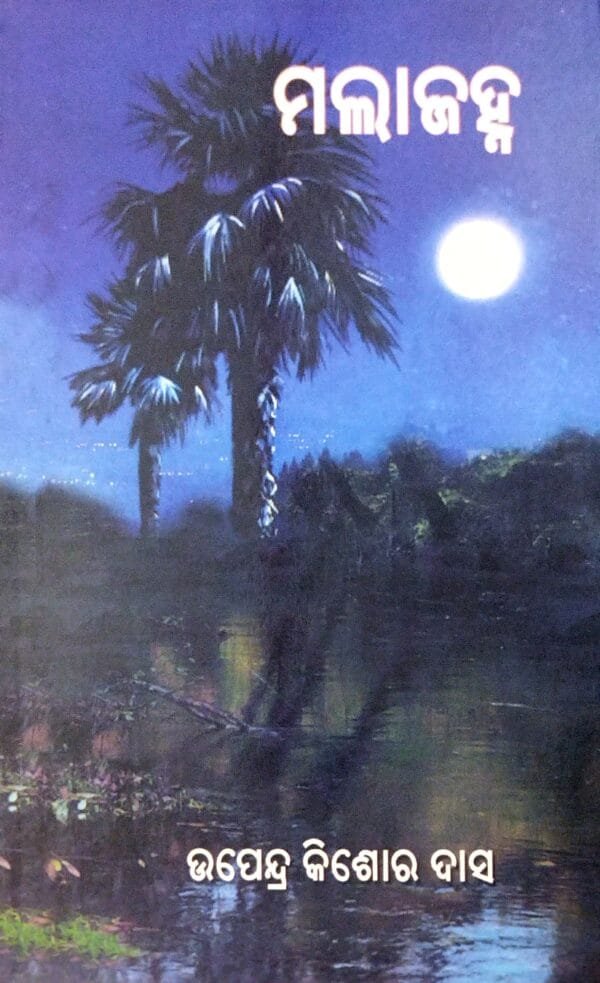
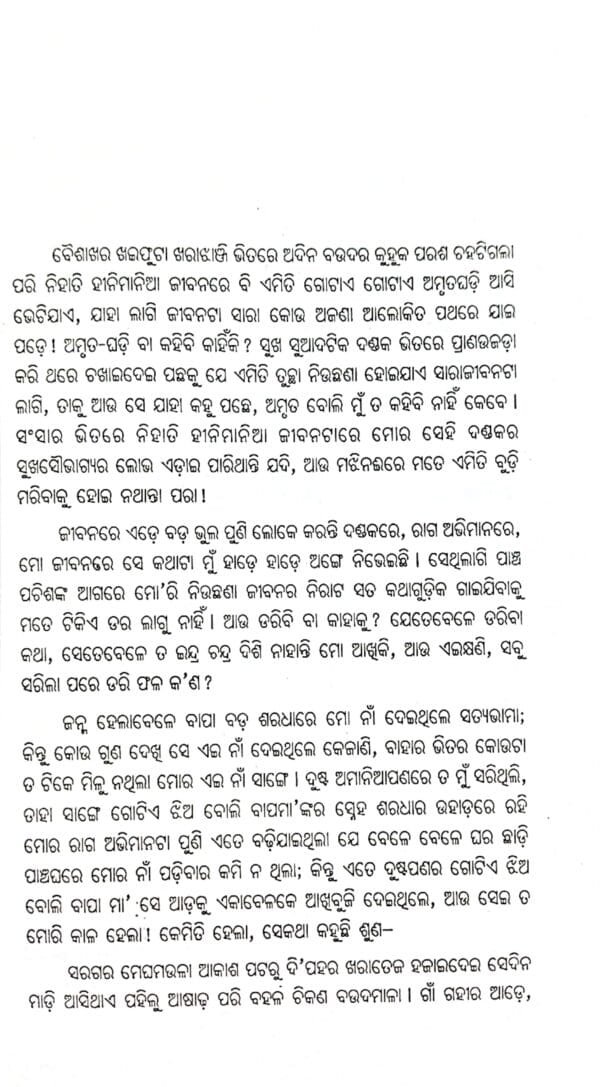
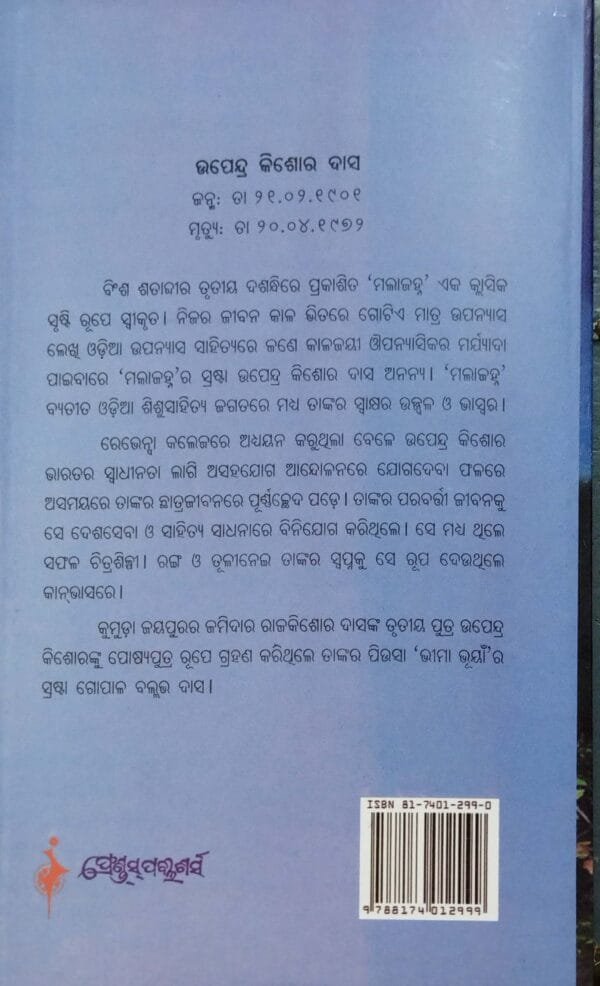

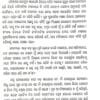

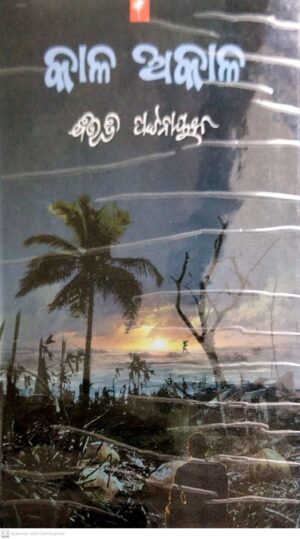
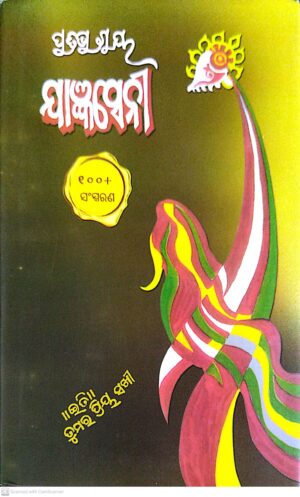
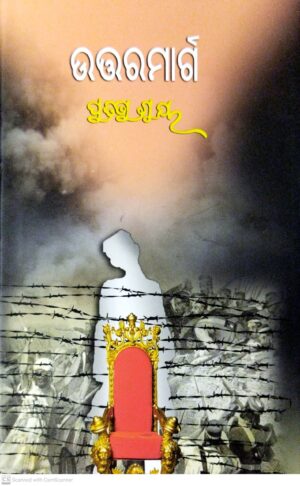

Reviews
There are no reviews yet.